


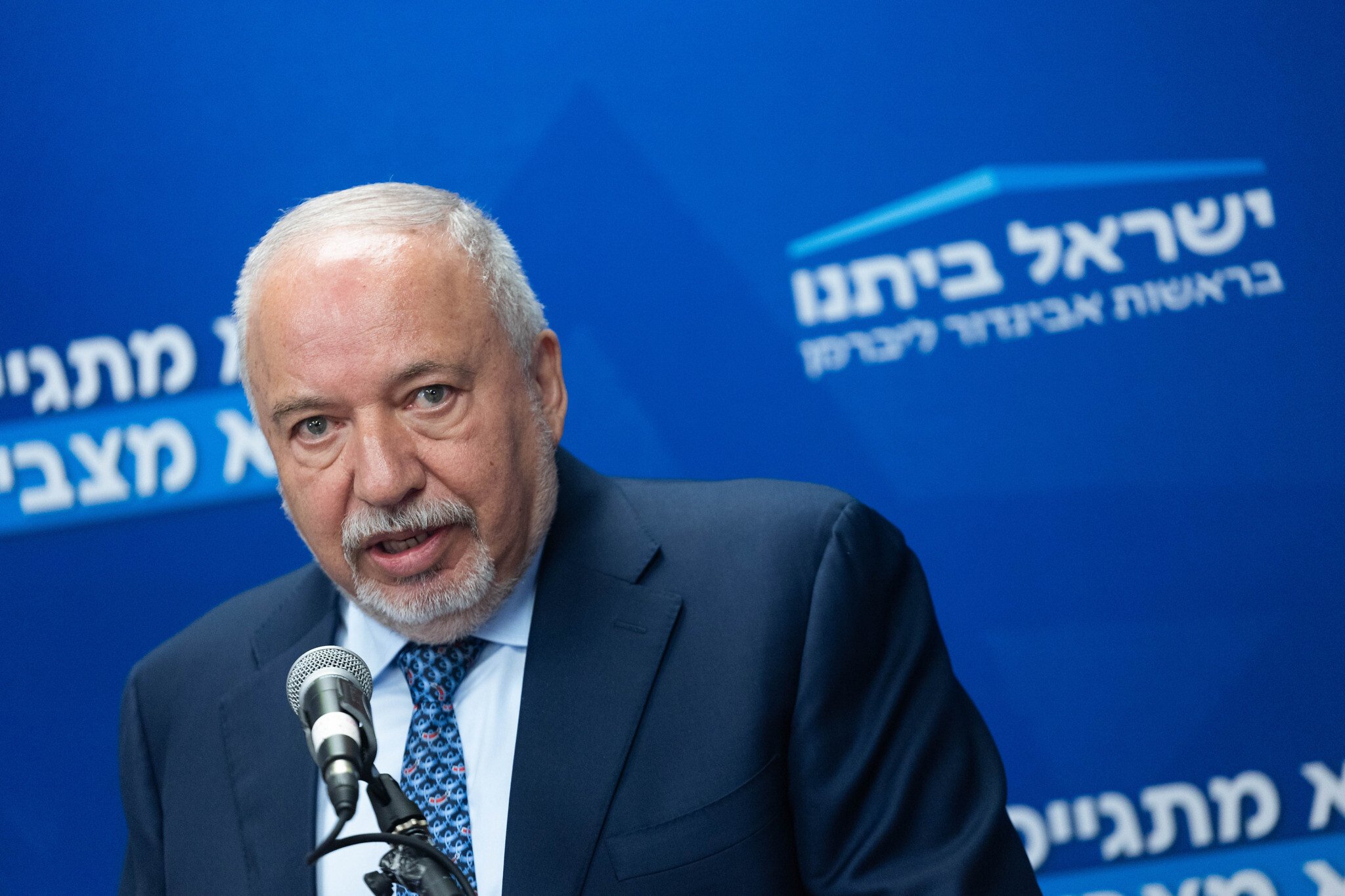
Former defense minister Avigdor Liberman said Saturday that Iran is “obsessed” with seeking revenge against Israel following the 12-day war between the two enemy nations, warning that Jerusalem will have to strike again at some point.
Liberman, who heads the opposition Yisrael Beytenu party, told the Channel 12 news program “Meet the Press” that revenge is “all the Iranian leadership thinks about.”
“I could tell you the same thing that the intelligence assessments and officials say” about Iran’s nuclear capabilities in the wake of the Israeli and US strikes, he added, saying “they all speak of around one to two years” for Iran to reconstitute its nuclear program.
While Tehran’s nuclear ambitions will remain a problem, Liberman said, “what is more worrying is that all Iran is currently obsessed with is waging a war of revenge” against Israel.
“That’s the only thing that interests them right now. A war of revenge, that’s it,” he stated.
When asked if he thinks that means Israel should attack Iran again, Liberman answered that “it would be worthwhile for us to strike first again.”
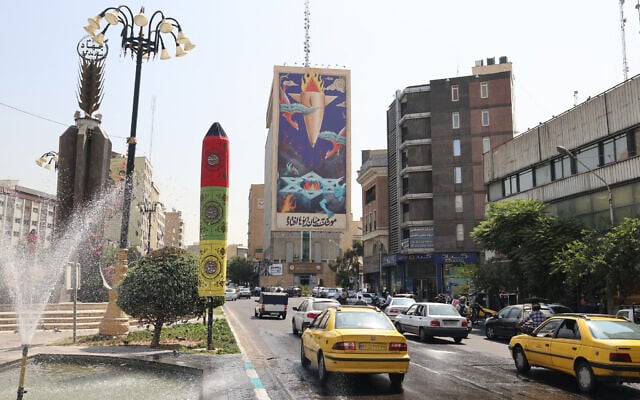
“This time, Iran wants to deliver the first blow,” he said.
He also said, “It’s not just theoretical” that Iran is working to reform its nuclear program.
“And what worries me most are the ballistic missiles,” Liberman said. “You saw what happened here when just 26 missiles landed inside Israel and the level of damage that it caused.”
“They are preparing for a major strike,” he continued, adding that Iran has thousands of missiles. “Imagine if it wasn’t just 26 missiles that impact Israel, what if it were 260 missiles? What kind of damage would that cause?”
Therefore, “we have no other choice” but to strike Iran first, according to Liberman, who said that is what he would do if he were in Prime Minister Benjamin Netanyahu’s position. “I hope that is what they are planning.”
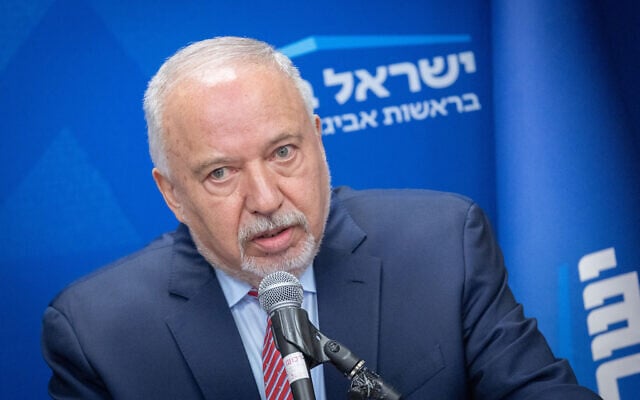
“And I would tell the Mossad to work toward one goal: regime change,” he said, arguing that total regime change is the only way to ensure that Iran is not a threat to Israel.
Iran and Israel last exchanged blows after the Israeli military launched a surprise assault on nuclear and military targets inside Iran on June 13, 2025, kicking off a 12-day war between the two sides.
Israel said its assault was necessary to prevent the Islamic Republic from realizing its avowed plan to destroy the Jewish state.
Iran claims its nuclear program is solely geared toward civilian use. Still, it has enriched uranium to 60 percent purity, above levels needed for civilian usage and a short step from the level required for weapons production, obstructed international inspectors from checking its nuclear facilities, and expanded its ballistic missile capabilities.
Iran retaliated against Israel’s strikes by launching over 500 ballistic missiles and around 1,100 drones at Israel. The attacks killed 29 people and wounded over 3,000 in Israel, according to health officials and hospitals. Iran also attacked a US base in Qatar in retaliation for Washington’s strikes.
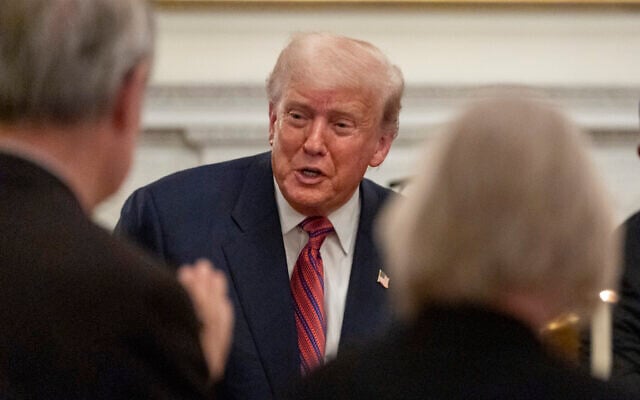
Liberman’s warnings came as President Donald Trump on Saturday insisted that US bombing of Iranian nuclear facilities “completely destroyed” the sites after a report said that some had largely survived.
On his Truth Social platform, Trump reiterated his frequent claim that “all three nuclear sites in Iran were completely destroyed and/or OBLITERATED.”
He said it would “take years to bring them back into service and, if Iran wanted to do so, they would be much better off starting anew, in three different locations.”
US bomb and missile attacks struck Iran’s controversial nuclear program on June 22, hitting the uranium enrichment facility at Fordo, south of Tehran, as well as nuclear sites in Isfahan and Natanz.
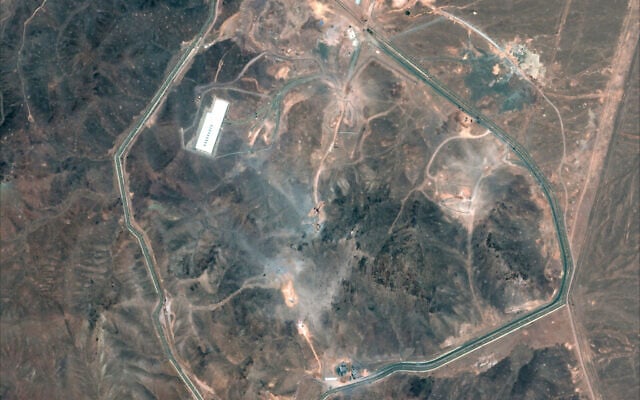
The bombings, carried out at the same time as the Israeli military campaign, were billed by Washington as a knockout blow to a years-long covert effort to build nuclear weapons.
Iran insists it has not tried to weaponize its civilian nuclear power program.
Despite Trump’s claims of total success, several US media outlets have reported leaked intelligence suggesting a hazier picture.
The latest to cast doubt was an NBC News report Friday, quoting a military damage assessment that only one of the three sites was mostly destroyed.
Two other sites were deemed to be repairable and potentially able to resume uranium enrichment activities within “the next several months,” NBC reported, citing five current and former US officials aware of the assessment.
NBC also reported that the Pentagon had prepared an option to inflict far greater damage on Iran’s facilities through a bombing campaign that would have lasted several weeks — not the one-night operation chosen by Trump.
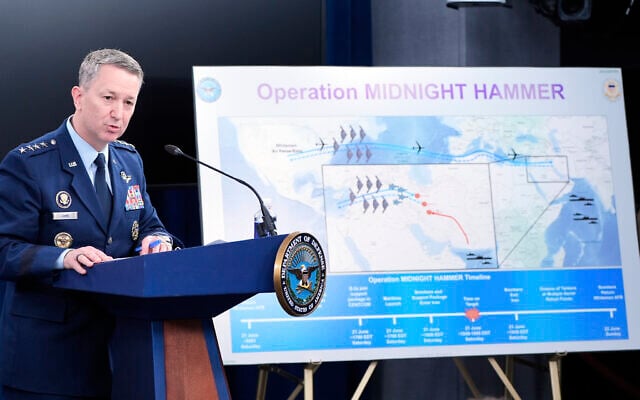
According to the report, citing one current and one former official, Trump rejected the more comprehensive attack plan due to fears of casualties and entanglement in the conflict.
Meanwhile, US Defense Secretary Pete Hegseth congratulated Defense Minister Israel Katz during a meeting Friday at the Pentagon on Jerusalem’s “remarkable performance” in the recent war against Iran that paved the way for the major US strikes on three of Iran’s nuclear sites, according to a US readout.
“Hegseth applauded Israel’s willingness to take bold action to lead in its own defense,” the report said.
Hegseth told Katz that the US will “continue to enable Israel’s ability to defend itself,” the report added.
Katz said in a post on X after the meeting that the two “discussed a wide range of regional and strategic issues, and agreed on concrete steps to ensure that Israel thrives and the Middle East becomes a better, safer place for both Israeli and American interests.”
“I expressed Israel’s deep gratitude for the historic Operation Midnight Hammer, which struck a devastating blow to Iran’s nuclear program,” he wrote, adding that he thanks President Trump “for his bold decision and unwavering leadership in authorizing the operation.”
Katz had been trying to visit the US for months, but the trip had been put off due to visits by Netanyahu. Friday’s meeting at the Pentagon passed with little fanfare.
